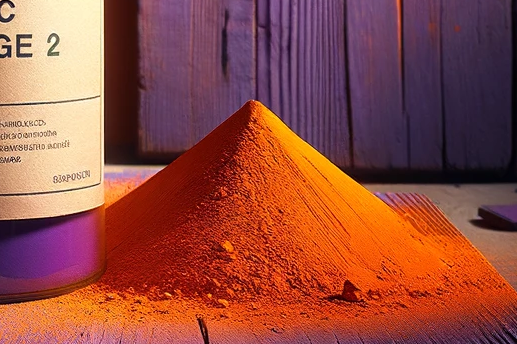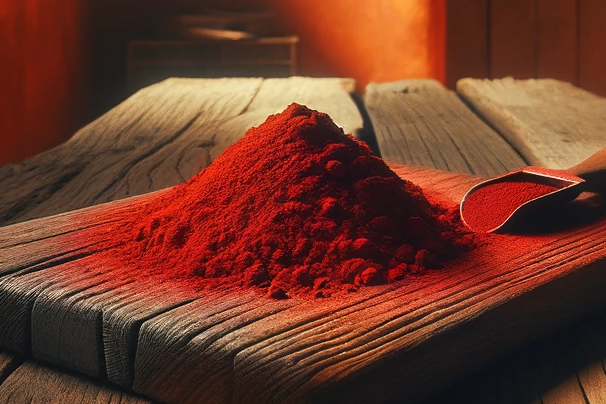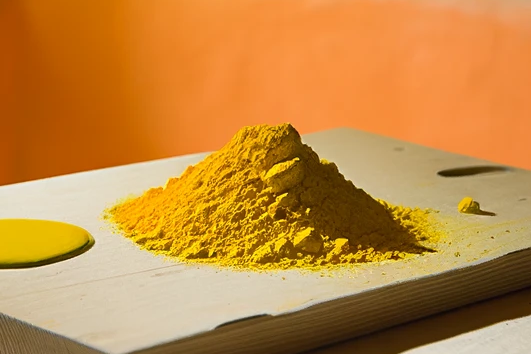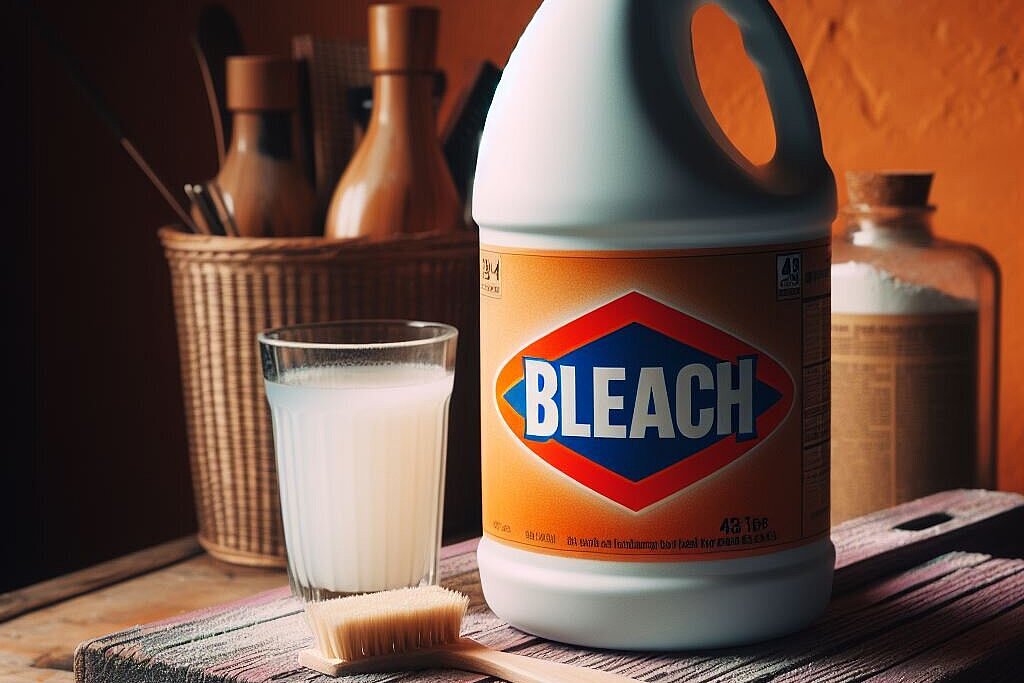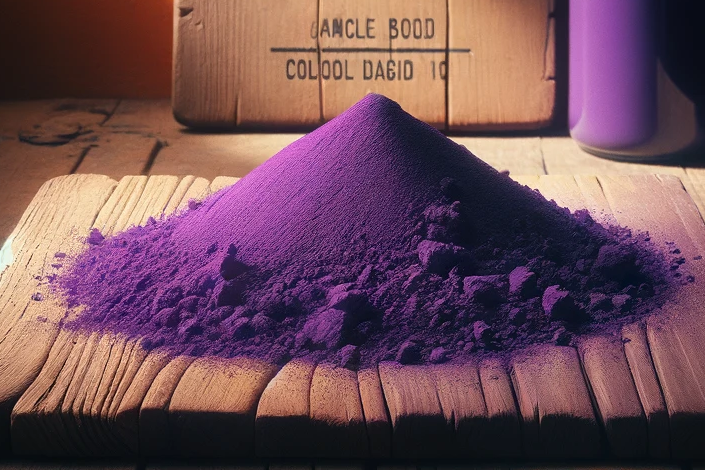Can cause cancer
If an ingredient in dog food is classified as "may cause cancer", this means that this ingredient has potentially carcinogenic properties. This is usually based on scientific studies that have found a link between exposure to that substance and an increased risk of developing cancer.
It is important to understand that not every exposure to a carcinogenic substance will necessarily lead to cancer. The risk can depend on several factors, such as the amount and frequency of exposure, the type of substance, the way the body processes it, and the individual sensitivity of the dog.
In the dog food industry, ingredients that are classified as potentially carcinogenic are often subject to strict regulation and monitoring. However, it is probably better to avoid this ingredient.




